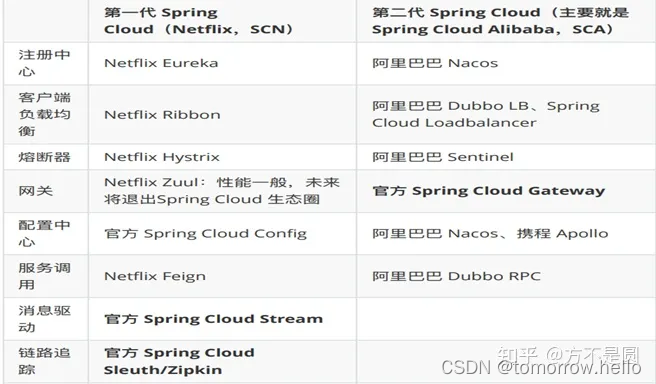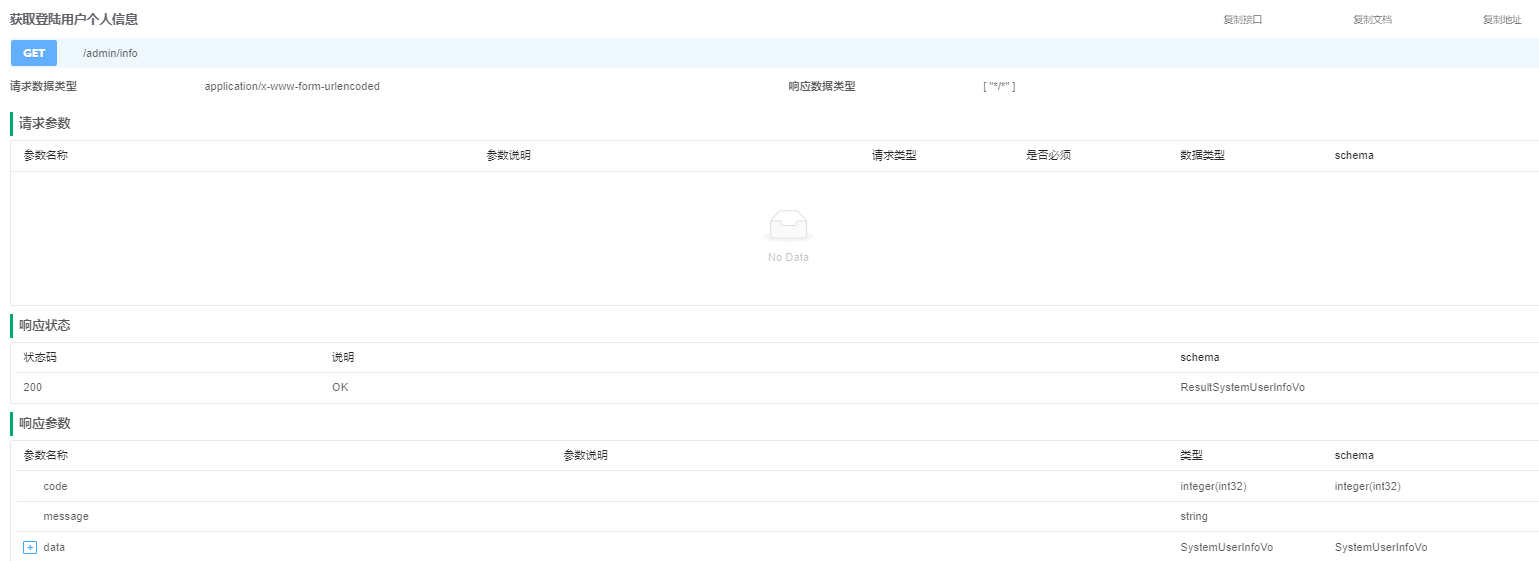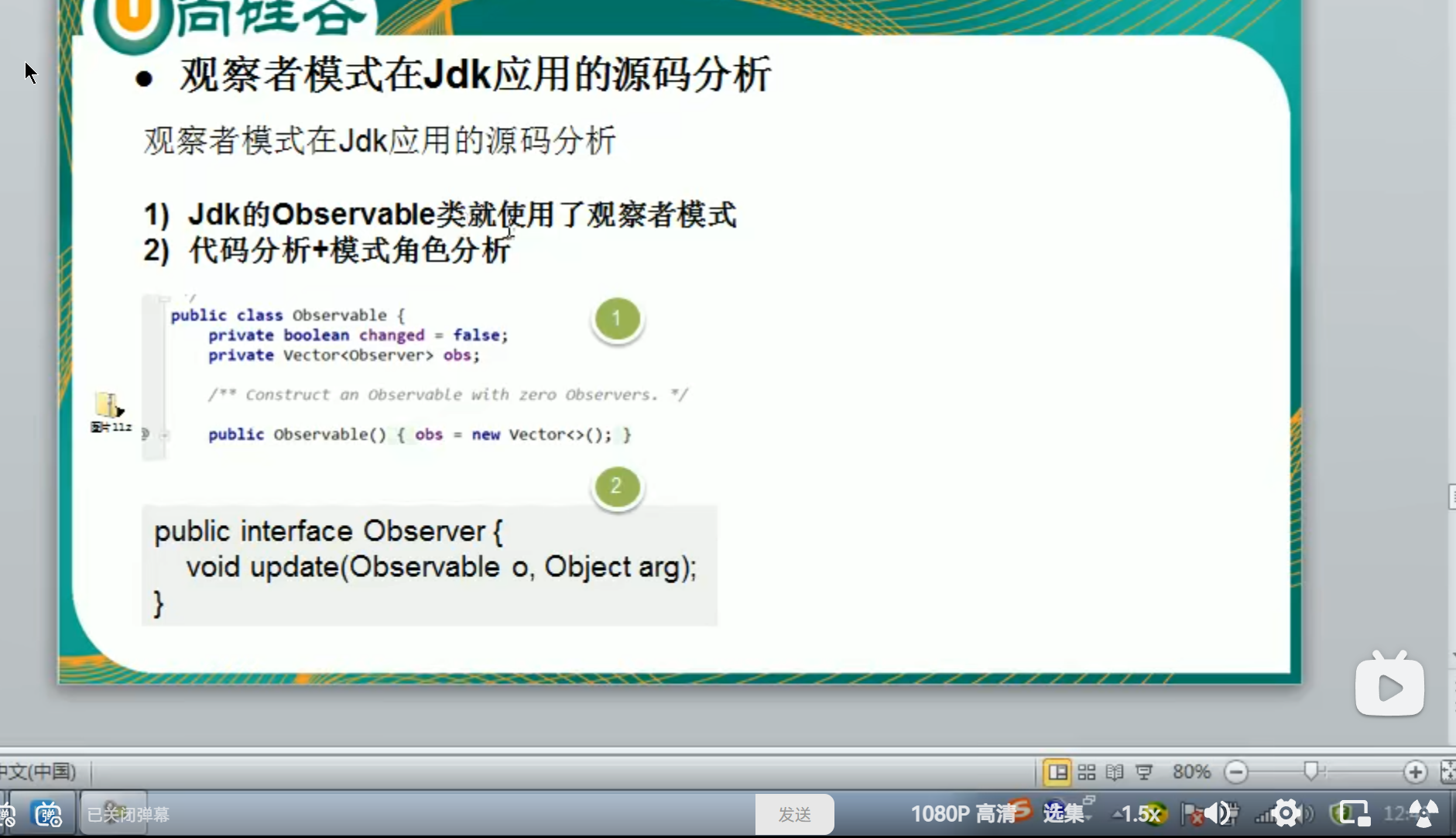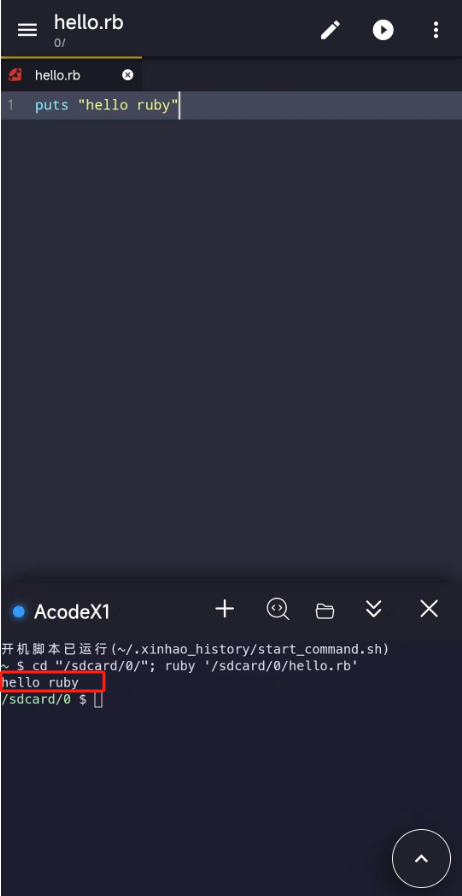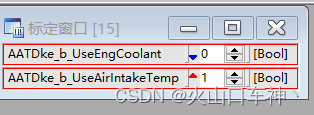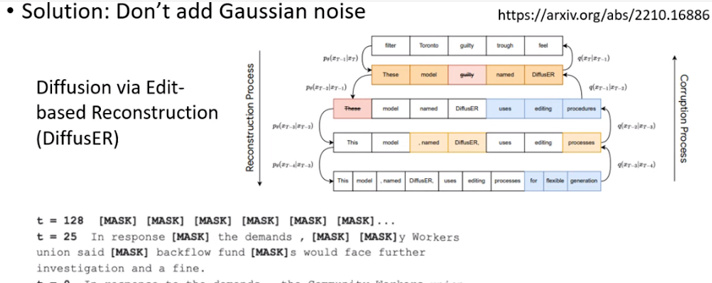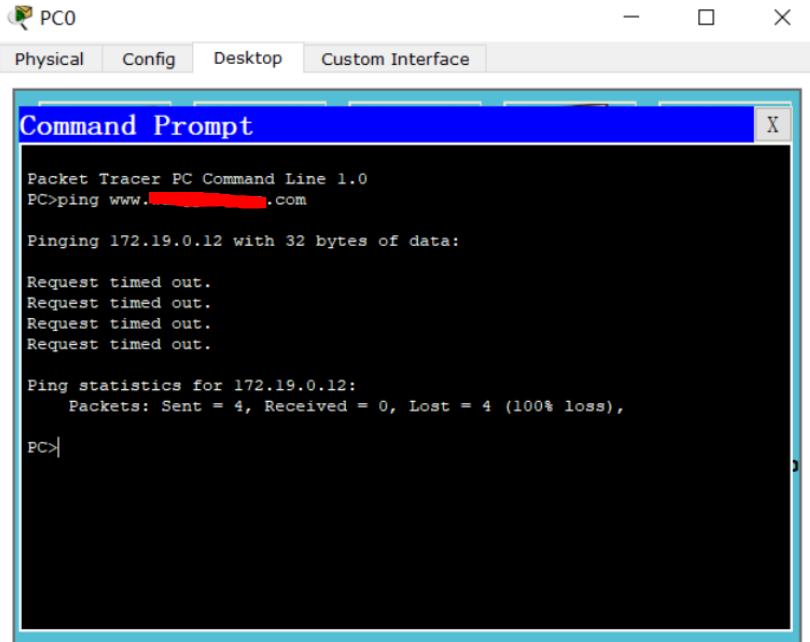#include <iostream>
#include <string>
using namespace std;
class MyOutOfRange : public exception{ // 选中exception右键 转到定义 复制一份 virtual const char* what() const _GLIBCXX_TXN_SAFE_DYN _GLIBCXX_NOTHROW 进行函数重写
public:
string m_msg;
MyOutOfRange(const char* str){
// const char* 隐士转换为string
this->m_msg = str;
}
MyOutOfRange(string str){
// const char* 隐士转换为string
this->m_msg = str;
}
// virtual char const* what() const{
// // string无法隐式转换为const char* 需要手动转换
// return m_msg.c_str();
// }
// virtual 虚函数复写 才能实现多态, 才能运行自己复写后的程序 重载what()
virtual const char* what() const _GLIBCXX_TXN_SAFE_DYN _GLIBCXX_NOTHROW{
// string无法隐式转换为const char* 需要手动转换
return m_msg.c_str();
}
};
class Students05{
public:
int m_age;
Students05(int age){
if(age <0 || age > 50)
{
// throw MyOutOfRange("年龄0到150"); // const char* 字面量,是常量无法更改的字符串类型
throw MyOutOfRange(string("年龄0到150")); // 转成 string 类型后 走 MyOutOfRange(string str)
}
else{
this->m_age = age;
}
}
};
int main()
{
try{
Students05 stu(1000);
}
catch(exception& e){
cout << e.what() << endl;
}
return 0;
}
编写自己的异常类
① 标准库中的异常是有限的;
② 在自己的异常类中,可以添加自己的信息。(标准库中的异常类值允许设置一个用来描述异常的字符串)。
2. 如何编写自己的异常类?
① 建议自己的异常类要继承标准异常类。因为C++中可以抛出任何类型的异常,所以我们的异常类可以不继承自标准异常,但是这样可能会导致程序混乱,尤其是当我们多人协同开发时。
② 当继承标准异常类时,应该重载父类的what函数。
